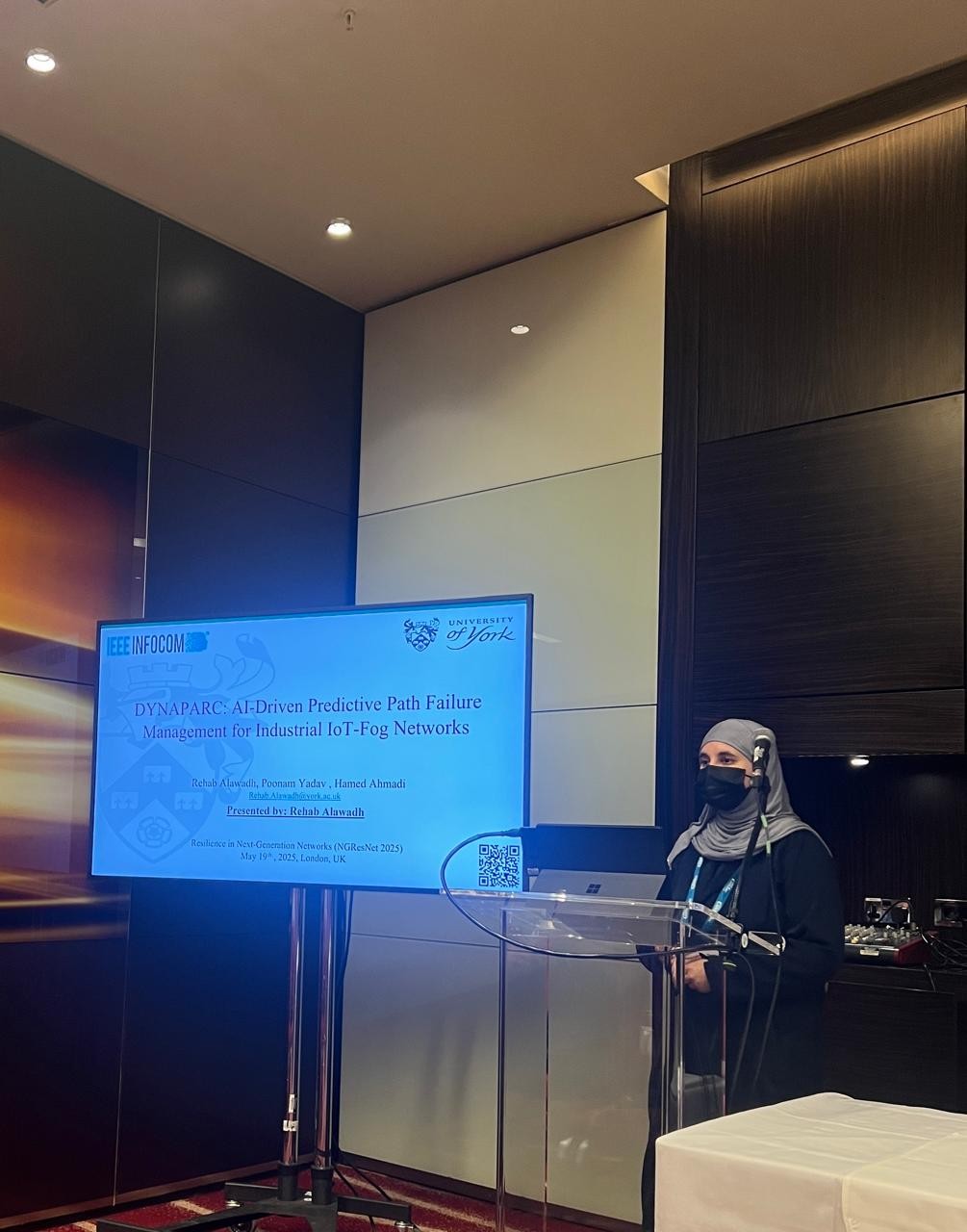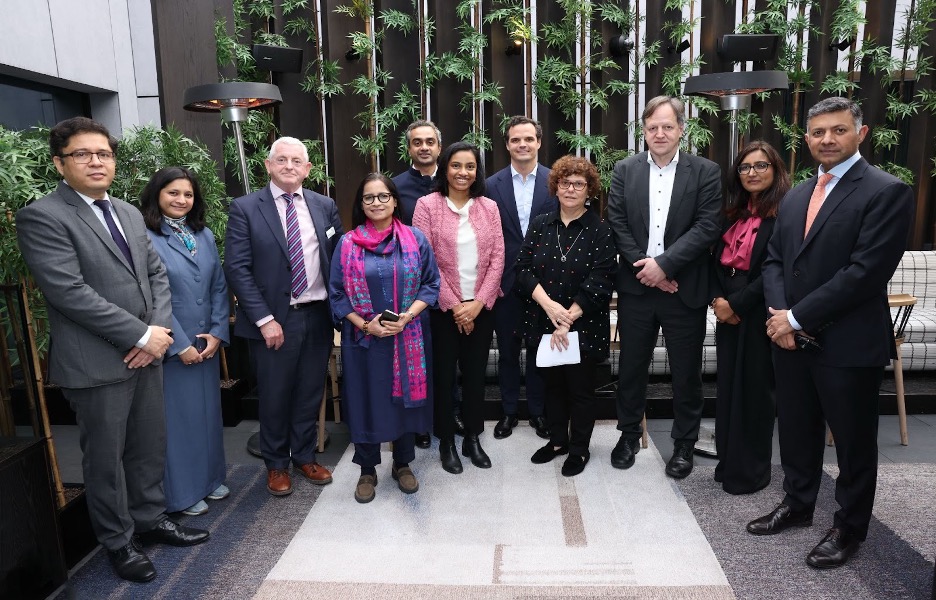Voices from the Lab: Rehab Alawadh on Presenting at One of the World’s Top Networking Conferences
6 Jun, 2025

Presenting at IEEE INFOCOM 2025: Advancing Resilience in Next-Gen Networks
I am pleased to share that I recently had the honour of presenting my research at IEEE INFOCOM 2025, held in London, United Kingdom—one of the most prestigious conferences in the field of computer communications and network research.
My paper, titled “DYNAPARC: AI-Driven Predictive Path Failure Management for Industrial IoT-Fog Networks”, was presented as part of the INFOCOM Workshop on Resilience in Next Generation Networks (NGResNet 2025). This workshop focuses on advancing resilient networking technologies and strategies for future communication systems. More details can be found here: https://sites.google.com/view/ngresnet2025/home?authuser=2
The research focuses on enhancing link resilience in IoT-Fog industrial networks through intelligent failure detection and traffic re-routing mechanisms. It contributes to ongoing efforts aimed at improving the reliability and robustness of industrial communication infrastructures—crucial for the deployment of next-generation smart systems.
The feedback and discussions during my session were intellectually enriching and will help shape the future direction of this research. The conference also featured diverse sessions covering state-of-the-art advances in AI-driven networking, edge computing, and resilient architectures—areas closely aligned with my research interests.
Beyond the technical sessions, one of the most rewarding aspects of the conference was the opportunity to engage with fellow researchers and PhD students from around the world. I had discussions with participants from France, Portugal, Spain, and China, where we exchanged insights about our respective research challenges and potential improvements. These international conversations not only offered new perspectives on my work but also reinforced the global relevance of our research in the context of evolving network technologies.
This experience has significantly broadened my academic perspective and reaffirmed the importance of cross-disciplinary collaboration in solving real-world networking challenges. I am grateful for the guidance and mentorship of Dr Poonam and Dr Hamed, as well as the support from my department throughout this journey.




